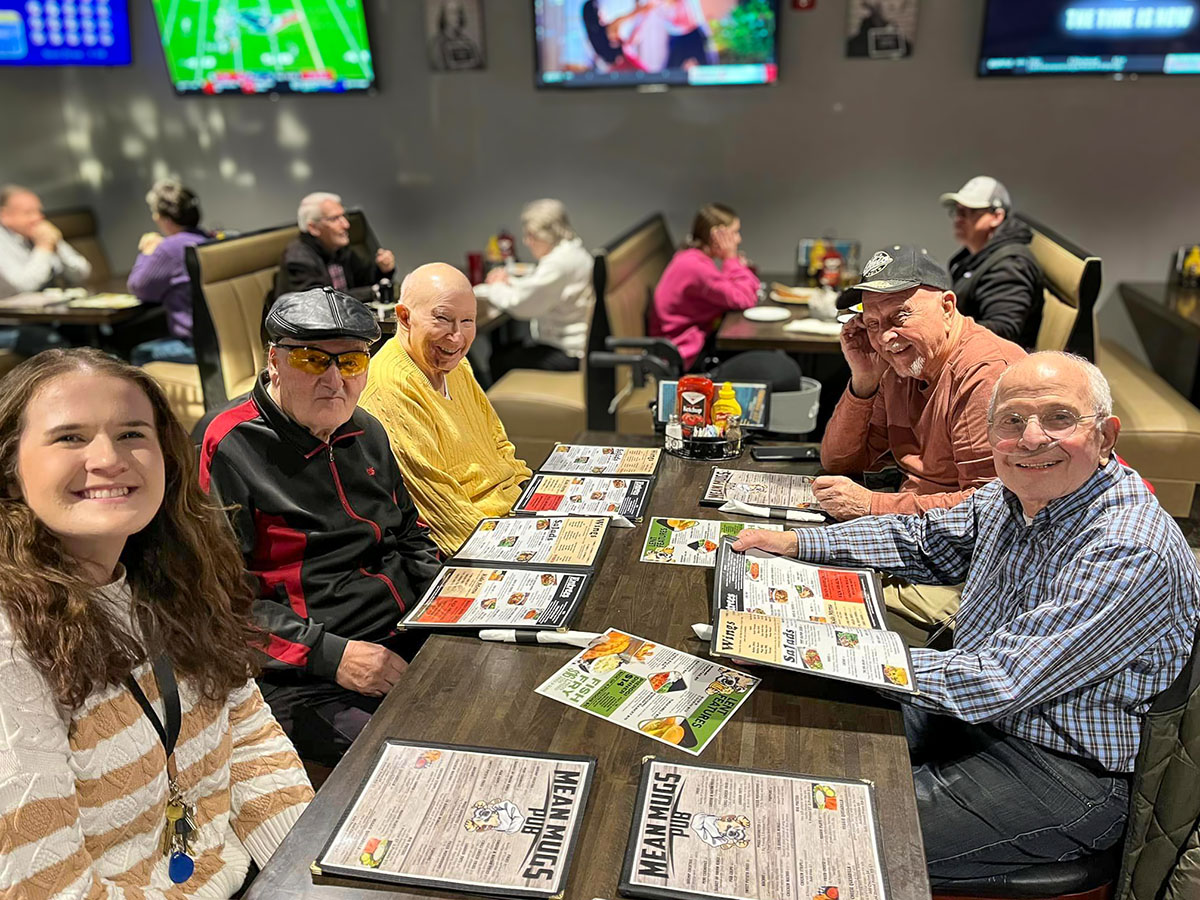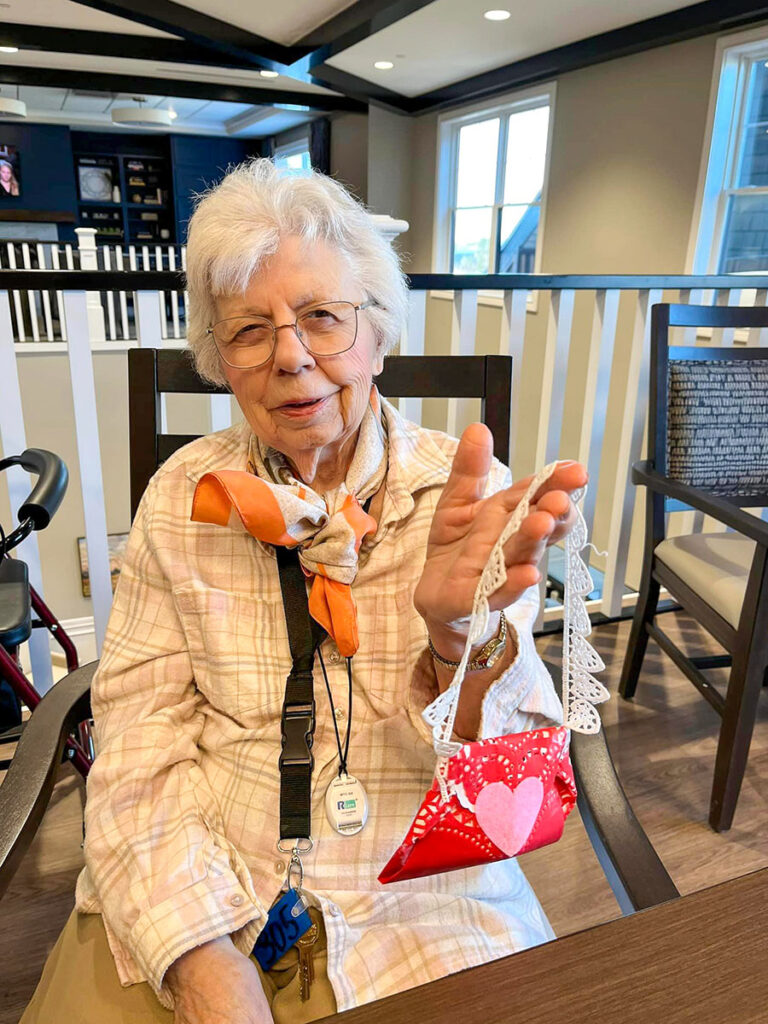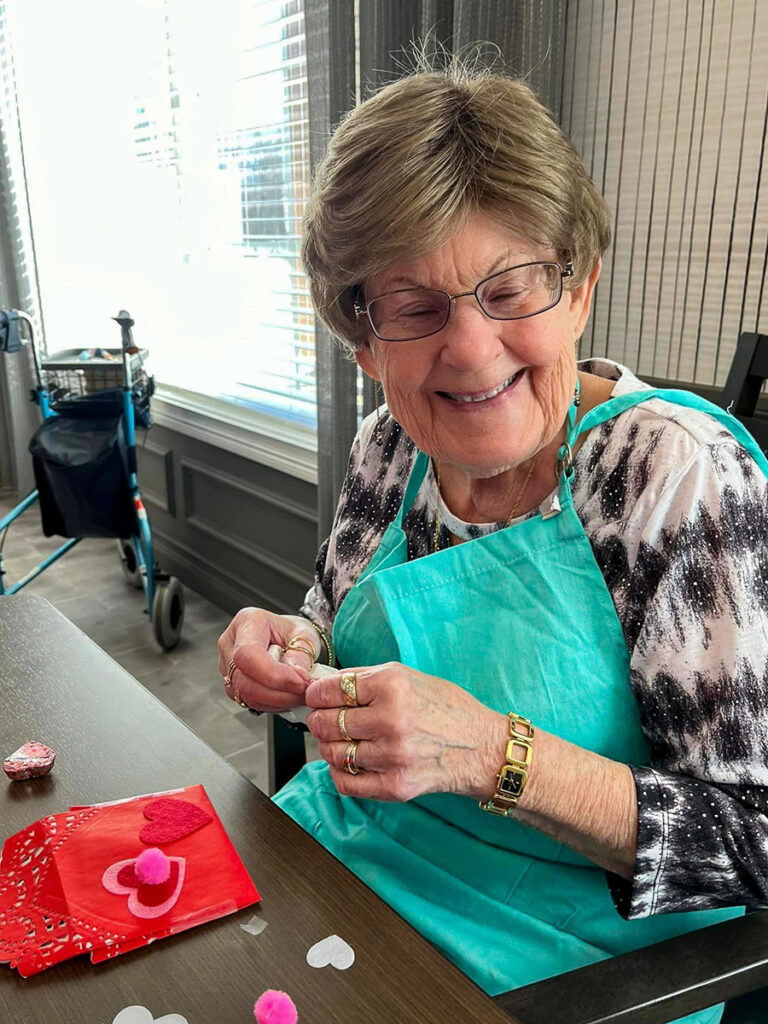
February 24, 2024
As the global population ages, it will bring both opportunities and challenges for senior living. The projected number of Americans aged 65 and older is expected to double from 46 million to over 98 million by 2060. It will be the first time in history the number of older adults outnumbers children under age five. In addition, older adults will live longer than ever before. One out of every four 65-year-olds today will live past age 90. These remarkable gains are due to improved public health, better nutrition, and better healthcare.
With many people now expected to live into their nineties or beyond, there will be many new challenges and questions to answer. Even though people are living longer, they are not necessarily living healthier. The nature of the assisted living prospect has changed dramatically over the past 15 years, with even greater changes to come. The senior living industry, including Vitalia Mentor, will need to consider ways to adapt to residents with more complex and extended chronic care needs.
Some ways to adapt to residents with more complex needs include additional staff training. Not only will staff need the skills to care for residents progressing in their disease processes, but they will also need to understand how to quickly identify changes in their condition. Being proactive in this effort will allow teams to provide the care the residents need precisely when they need it.
Third-party vendors will be crucial to helping our assisted living staff be proactive.
The following will be crucial for caring for a resident population:
These vendors provide resident-specific care needed to help older adults continue to thrive in the assisted living environment.

Some strategies that will help us to adapt to the aging population with more complex and extended chronic care issues include investing in healthcare infrastructure and workforce training to meet the specific needs of older adults, promoting preventative care and early intervention to manage chronic conditions, and collaborating with third-party vendors that provide specialized care tailored to individual needs, facilitating proactive management of chronic conditions within senior living communities.
We can prepare and educate our staff to care for a population with more significant needs through comprehensive training programs, including education on disease processes, symptom recognition, medication management, and specialized care techniques. It’s crucial to foster a culture of empathy, patience, and person-centered care among staff members, emphasizing the importance of treating residents with dignity, respect, and compassion.
It is more important than ever to take a proactive approach when a change in condition occurs with a resident. To ensure our teams recognize even small changes within residents, we must proactively monitor and communicate. Implementing regular assessment protocols and standardized documentation practices can help staff systematically track residents’ health status and identify subtle changes over time.
Once we identify a change, the appropriate next steps involve prompt assessment, communication, and intervention. The staff member who notices the change should accurately document their observations and promptly notify the nurse. Based on the assessment findings, we should develop or update a new care plan to address the residents’ needs effectively. This may involve adjusting medications, increasing monitoring, referring to therapy, or implementing other interventions tailored to the situation. Throughout this process, clear communication among team members, residents, and their families is essential to ensure everyone is informed and involved in decision-making.
Caring for a sicker population in an assisted living setting is a challenging issue that requires a multifaceted approach. Aging in place is an important goal for an older adult and should also be a priority of the senior living industry. To meet this goal, we must ensure we can fulfill the needs of our aging residents.


VITALIA® Mentor in Mentor, OH offers independent senior apartments, assisted living, and memory care with a variety of services and a range of floor plan options. Amenities include restaurant dining, 24-hour bistro, concierge service, housekeeping, events and entertainment, personal care, transportation services, and more. Centrally located near Cleveland Clinic and University Hospitals with convenient access to major shopping centers and attractions, including Little Mountain Country Club, Pinecrest Shopping and Dining, Lake Metroparks, James A. Garfield National Historic Site, Headlands Beach State Park, and Rock n Roll Hall of Fame.